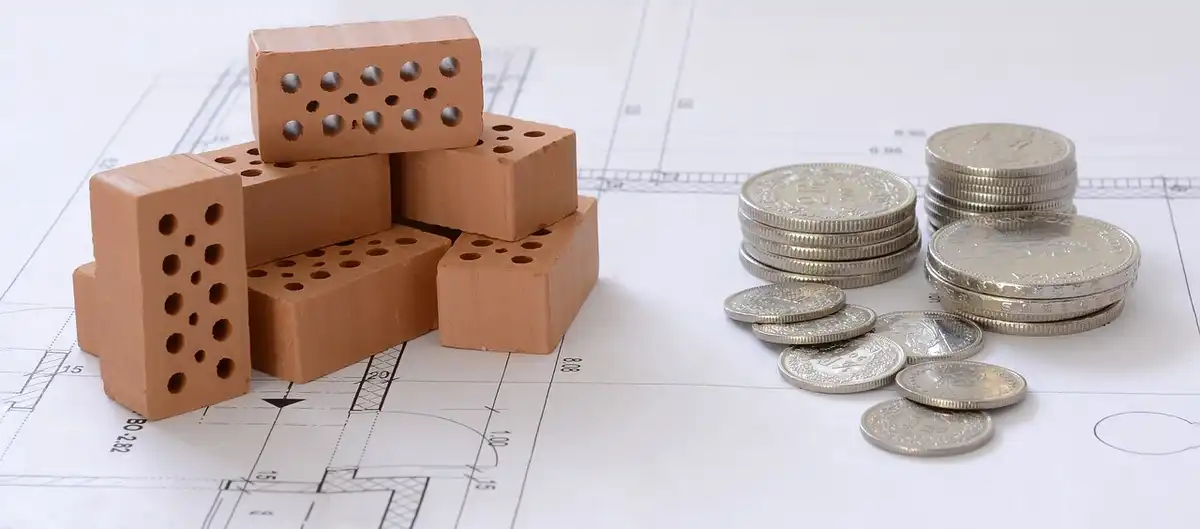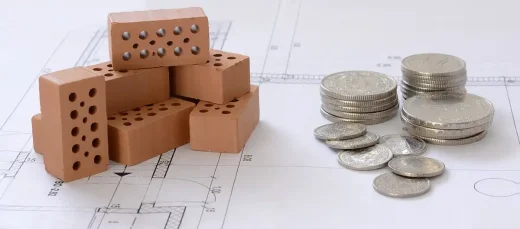Factors to consider before taking a home loan tips, Online property finance advice, House money borrowing guide
About Credit Scores Before Buying a Home
26 February, 2025
So, you’re thinking about buying a home? That’s exciting! But before you start picking out paint colors and scouting neighborhoods, there’s one major thing you need to check – your credit score. It’s one of the biggest factors lenders use to decide if you qualify for a mortgage and what kind of interest rate you’ll get. A good credit score can save you thousands over the life of your loan, while a bad one can make homeownership feel out of reach.
But don’t stress—understanding your credit score doesn’t have to be complicated. Let’s break it all down so you know exactly what to expect before you start house hunting.
What Is a Credit Score, and Why Does It Matter?
Your credit score is basically your financial report card. It’s a three-digit number (typically between 300 and 850) that tells lenders how responsible you are with debt. The higher your score, the better your chances of getting approved for a mortgage with great terms.
Here’s what makes up your credit score:
- Payment history (35%) – Do you pay your bills on time?
- Credit utilization (30%) – How much of your available credit are you using?
- Length of credit history (15%) – How long have you had credit accounts open?
- New credit inquiries (10%) – Have you applied for new credit recently?
- Credit mix (10%) – Do you have a variety of credit types (credit cards, loans, etc.)?
Mortgage lenders look at your score to determine how risky it is to lend you money. A higher score means lower risk, which can lead to better interest rates and loan terms.
What’s the Minimum Credit Score You Need to Buy a House?
Different types of home loans have different credit score requirements. Here’s a general idea of what you’ll need:
- Conventional loan: 620 or higher
- FHA loan: 500 (but 580+ is preferred for lower down payments)
- VA loan: No official minimum, but most lenders look for 580-620
- USDA loan: 640 or higher
Even if you meet the minimum score for a loan, keep in mind that a higher score gets you better interest rates. A small difference in your credit score can mean big savings over the life of your mortgage.
How Your Credit Score Affects Your Mortgage Rate
Your credit score doesn’t just determine if you qualify for a loan—it also affects how much your loan will cost. Lenders reward borrowers with high credit scores by offering lower interest rates. That means lower monthly payments and thousands of dollars saved over the years.
For example, let’s say you’re borrowing $300,000 for a home. With a 760+ credit score, you might get a 5.5% interest rate, so your monthly payment could be around $1,703. With a 620 credit score, you might get a 7.0% interest rate. That bumps your monthly payment to about $1,996.
That’s almost $300 more per month—just because of your credit score!
How to Check and Improve Your Credit Score Before Buying
Step 1: Check your credit score
First things first—find out where you stand. You can check your credit score for free through an online credit monitoring service or by reviewing your credit report from the three major credit bureaus (Equifax, Experian, and TransUnion).
Step 2: Fix any errors
Mistakes happen. If you see incorrect late payments or accounts you don’t recognize, dispute them immediately. Fixing errors can give your score an instant boost.
Step 3: Pay bills on time
Your payment history is the biggest factor in your credit score. Even one missed payment can hurt. Set up automatic payments or reminders to stay on track.
Step 4: Lower your credit utilization
Try to use less than 30% of your available credit. If your credit cards are maxed out, pay them down as much as possible before applying for a mortgage.
Step 5: Avoid opening new accounts
Each time you apply for credit, it triggers a hard inquiry, which can slightly lower your score. Hold off on opening new credit cards or taking out car loans before getting a mortgage.
Credit Mistakes to Avoid Before Buying a Home
Buying a home is a huge financial step, so it’s important to be smart about your credit. Here are some common mistakes that can hurt your chances of getting approved for a mortgage:
- Taking on new debt – Avoid big purchases on credit before closing on a home.
- Maxing out credit cards – Keep your balances low to maintain a good credit utilization rate.
- Closing old accounts – Length of credit history matters, so keep old accounts open.
- Missing payments – Even one late payment can drop your score significantly.
- Co-signing for someone else’s loan – If they miss payments, it could damage your credit.
What If You Have Bad Credit?
If your credit score isn’t where you want it to be, don’t panic. There are still ways to buy a home.
Government-backed loan programs, like FHA and VA loans, tend to have more lenient credit requirements, making them a great option for buyers with lower scores. Taking the time to improve your score before applying can also make a big difference. Paying down debt, making on-time payments, and limiting new credit inquiries can all help boost your score.
Another way to improve your chances is by increasing your down payment. A larger down payment reduces the lender’s risk, which could make them more willing to approve your loan, even with a lower credit score.
Finally, consider working with a lender that specializes in helping buyers with low credit scores. They may offer alternative loan options or suggest steps to strengthen your application before moving forward.
Even small improvements in your credit score can lead to better loan terms and lower interest rates, saving you money in the long run.
The Role of Credit Scores in Mortgage Pre-Approval
Getting pre-approved for a mortgage is one of the smartest moves you can make before house hunting. It shows sellers you’re a serious buyer and gives you a clear idea of what you can afford.
During pre-approval, lenders will check your credit score, income, and debt-to-income ratio. If your credit score is on the lower side, they might suggest ways to improve it before final approval.
Final Thoughts: Get Your Credit in Shape Before House Hunting
Your credit score plays a huge role in the home-buying process, from determining what loans you qualify for to deciding how much interest you’ll pay. The better your score, the better your chances of securing a great mortgage rate.
If your credit needs some work, start now! Pay down debt, make payments on time, and avoid new credit inquiries before applying. A little effort can save you a lot of money in the long run.
So, before you start touring homes, take a minute to check your credit score. Your future self—and your bank account—will thank you!
Comments on this guide to Everything You Need to Know About Credit Scores Before Buying a Home article are welcome.
Building Articles
Design: C.F. Møller Architects
photograph : Adam Mørk
Carlsberg Central Office Valby
New Homes
Telluride Glass House, Telluride
Design: Efficiency Lab for Architecture

photograph : Josh Johnson
Telluride Glass House
Comments / photos for the Everything You Need to Know About Credit Scores Before Buying a Home page welcome





